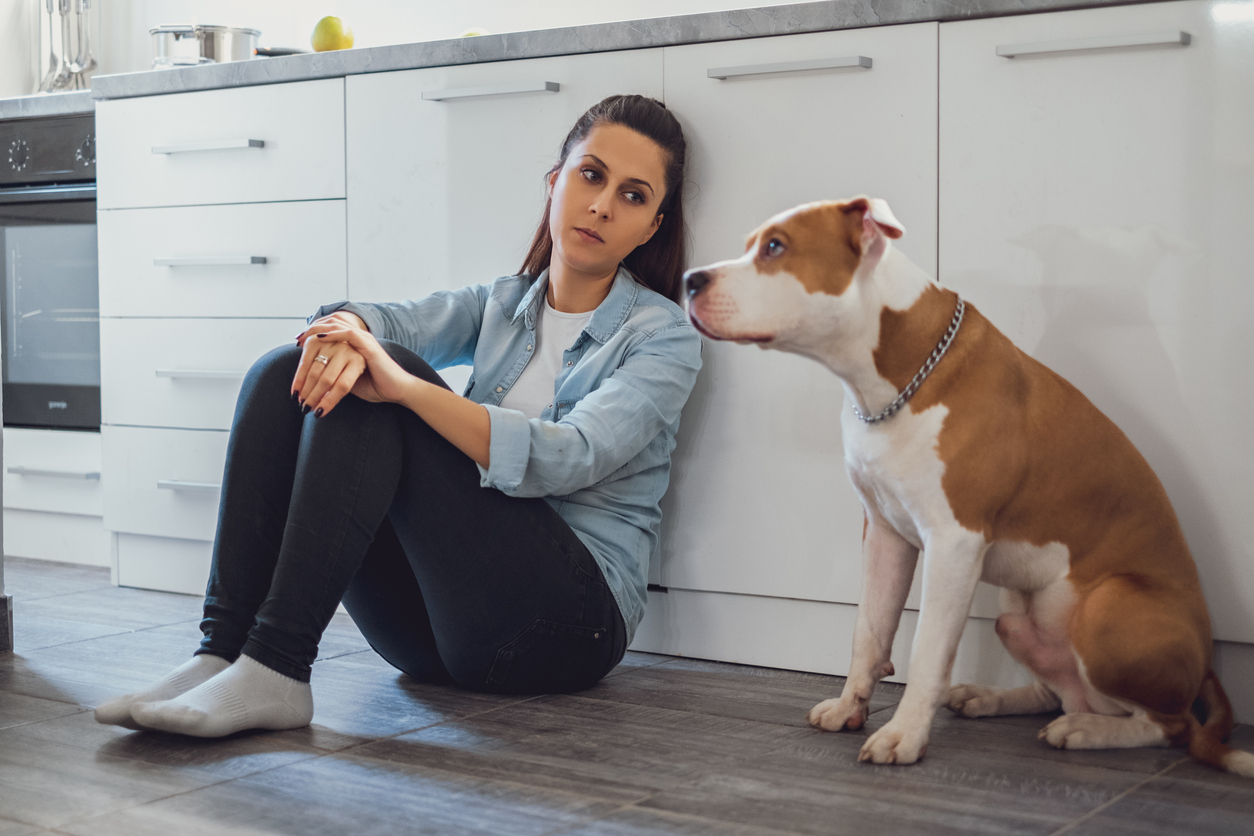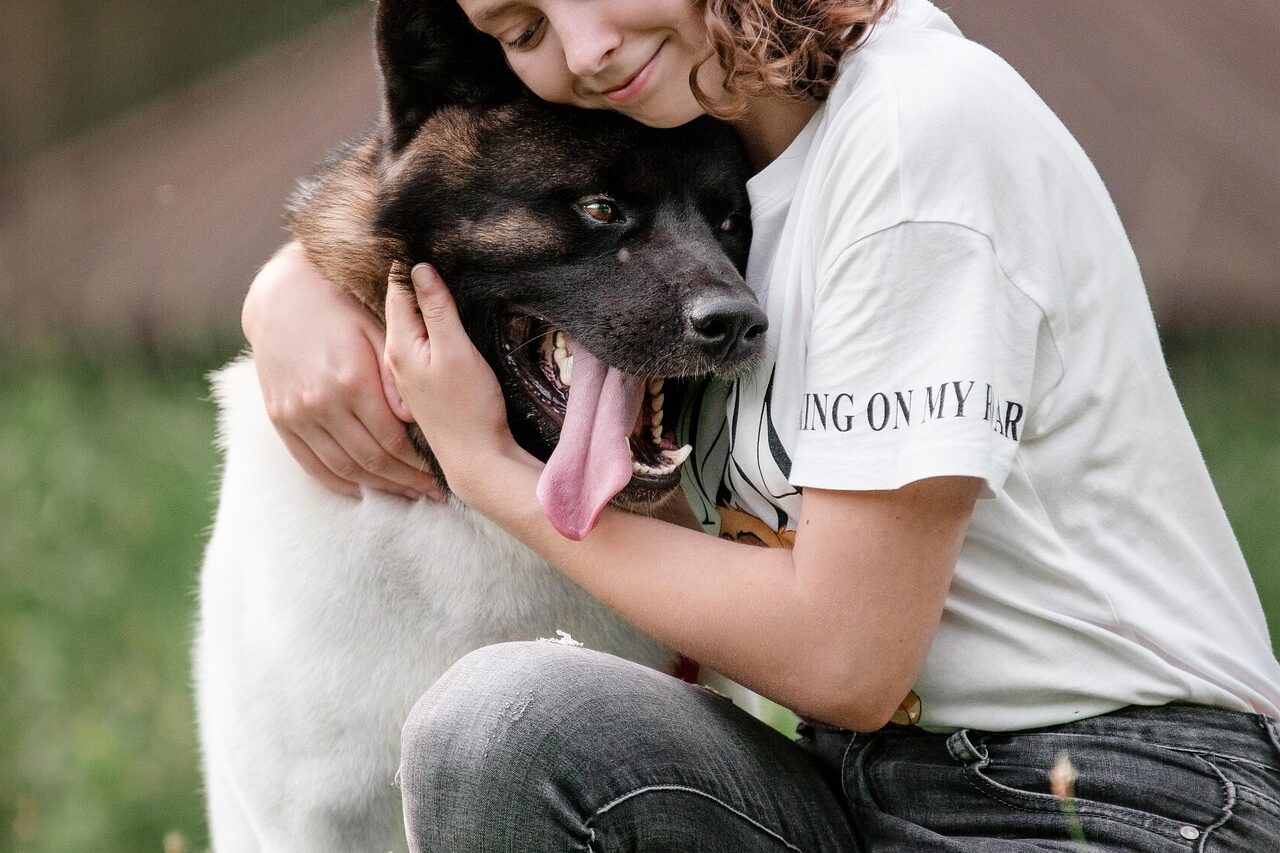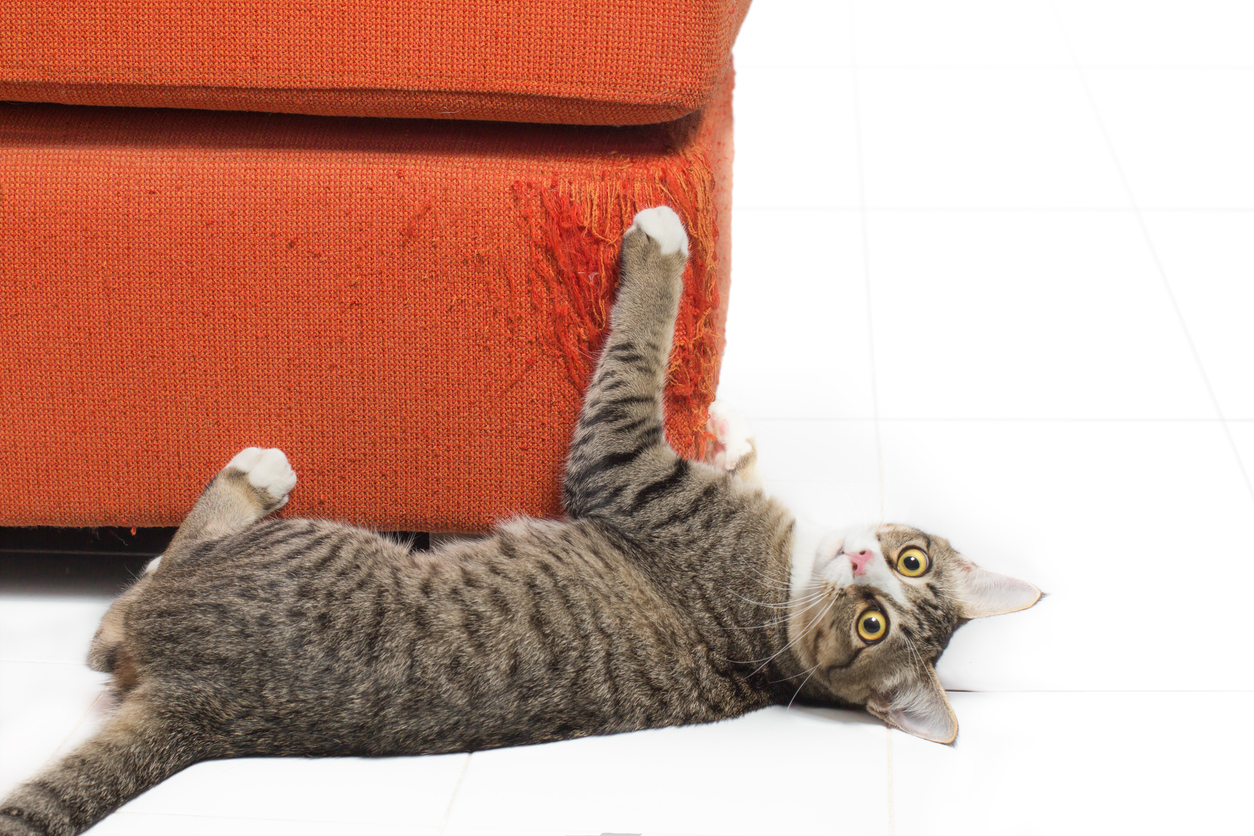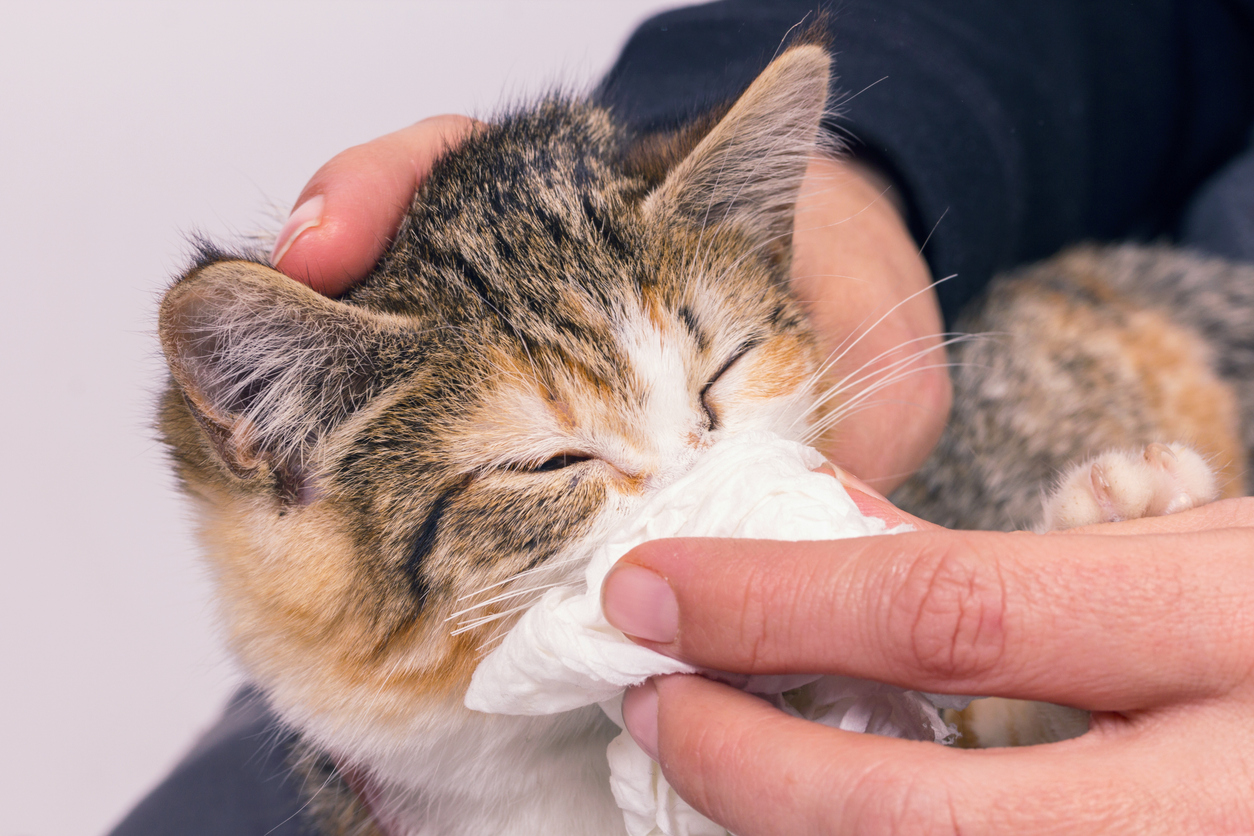
You lean on your pet for comfort—those quiet cuddles, the wagging tail after a long day. They just know when you’re not okay. But have you ever wondered what all that emotional support might be doing to them? The bond you share is powerful, but it’s not one-sided. Your stress doesn’t just stop with you—it can spill over, silently affecting your pet in ways you might not notice until it’s too late. What if your comfort is quietly costing them their well-being? Let’s take a closer look.
The Silent Bond: How Pets Mirror Your Emotions

You know that feeling when your dog curls up beside you on a tough day, or your cat sits a little closer than usual when you’re anxious? It’s not just sweet coincidence—your pet is deeply attuned to your emotional state. Experts in animal behavior understand that pets, especially dogs and cats, pick up on our body language, tone of voice, and even our scent changes when we’re stressed. They absorb those cues and, over time, start to mirror our moods. If you’re anxious, chances are your pet becomes restless too. It’s like an emotional echo chamber—your stress doesn’t just live in your body anymore; it starts living in theirs too. The heartbreaking part? They can’t tell you in words. But their health, their behavior, their energy levels—they all whisper what they’re feeling.
Emotional Contagion Isn’t Just a Human Thing

We talk a lot about how humans can “catch” each other’s energy—how being around someone anxious can make us feel uneasy ourselves. Well, your pet isn’t immune to that. Emotional contagion, a real psychological and physiological phenomenon, isn’t limited to people. Pets—particularly those we share close daily lives with—can feel our emotional shifts and internalize them. Dogs might become clingier or develop nervous habits, while cats might withdraw or lash out unpredictably. What’s more alarming is how prolonged exposure to a stressed-out human can shift your pet’s baseline mood entirely. It’s not just about a bad day—they start living in your storm with you, even if they don’t understand why it’s raining. And that emotional shift? It lays the groundwork for bigger health issues ahead.
Stress Hormones: The Invisible Transfer

Stress isn’t just a feeling—it’s chemical. And in homes where stress is constant, those chemicals might as well hang in the air like invisible smoke. When you’re stressed, your body pumps out cortisol, and studies show that your pet’s body can respond with elevated cortisol too. It’s like a biological chain reaction. Dogs and cats exposed to long-term stress may develop weakened immune systems, which means they’re not just emotionally overwhelmed—they’re physically vulnerable. They might get sick more often, struggle with digestion, or become more prone to infections. It’s wild to think about, but your stress hormones could be turning your home into a health hazard for your pet. And just like secondhand smoke, secondhand stress is real—and just as dangerous.
From Behavior to Breakdown: The Physical Toll on Your Pet

When pets internalize our stress, it doesn’t just sit quietly inside them. It finds ways to leak out—sometimes in behavioral shifts like chewing, scratching, aggression, or potty accidents, and sometimes in much more alarming ways. Chronic stress in animals has been linked to serious conditions like heart disease, skin disorders, and gastrointestinal issues. Think about it—if your body can shut down under prolonged stress, why wouldn’t theirs? And the worst part? It’s easy to misinterpret those changes as just “bad behavior” or assume your pet’s getting older. But what if they’re just overwhelmed? What if they’re quietly breaking down from trying to carry what you’re carrying, without the words or means to process it?
When Comfort Turns Into Co-Dependency

It’s beautiful how pets can comfort us. A cat’s purr, a dog’s gentle nudge—they’re like living therapy. But what happens when the comfort they give turns into co-dependency? Pets who are constantly exposed to their owner’s stress can start to develop separation anxiety and attachment issues. They become overly reliant on your presence to feel safe, and the moment you step away—even for a few minutes—they spiral. This isn’t just about being “clingy.” It can lead to self-destructive behaviors like chewing their paws raw, constant barking or meowing, and even refusing to eat. The line between being emotionally supportive and emotionally enmeshed can get blurry fast, and the more we lean on them without managing our own emotional load, the more we risk making them anxious in the process. It’s a heartbreaking loop—your need for comfort could be the very thing that makes them suffer silently.
How Your Pet’s Sickness Can Come Full Circle

What makes this cycle even more intense is that once your pet starts to show signs of stress-induced illness, the emotional toll on you deepens—and it becomes a loop. You start to worry more, feel guilty, or even frustrated. That tension creates more stress, which they pick up on all over again. It’s a full-circle trap where both of you are silently making each other worse. And because pets can’t verbalize their discomfort, it’s easy to miss the early signs. You might notice they’re sleeping more, eating less, or not playing like they used to. What looks like them being “tired” might actually be chronic emotional and physical fatigue. At that point, both of you need help—and the first step is breaking the cycle at its root: your stress. Because if you’re not okay, there’s a real chance your pet won’t be either.
Prevention Is Better Than Cure—for You and Your Pet

The good news is, it’s not all gloom. Once you realize how closely your emotional world is tied to your pet’s well-being, you can start making intentional changes. Simple daily routines—like taking walks, playing more often, or creating calm zones at home—can be healing for both of you. And if you’re someone who deals with chronic stress or anxiety, managing that with therapy, mindfulness, or even just consistent self-care doesn’t just benefit you—it protects your pet, too. Vet visits are important, but so is emotional hygiene. Your pet doesn’t need a perfect life; they just need a peaceful one. And the most powerful way to give them that is by taking your own peace seriously. After all, they’re watching, feeling, and following your lead. You heal; they heal.
Sources:
How dogs know what we’re feeling – Times of India
Frontiers | Emotional Contagion From Humans to Dogs Is Facilitated by Duration of Ownership
Dogs mirror stress levels of their owners – Big Think
The social transmission of stress in animal collectives | Proceedings of the Royal Society B: Biological Sciences
Can Dogs Sense Human Emotions? | BetterVe
The story Your Pet Can Catch Your Stress – and Then Make You Sick was originally published on DailyFetch.


